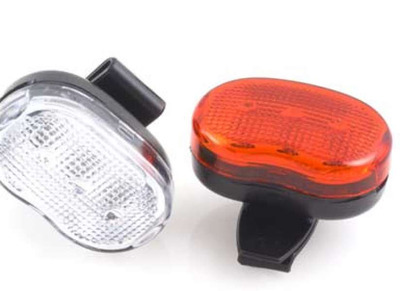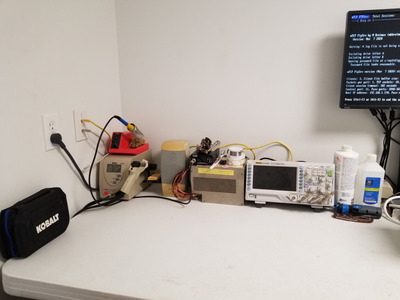First post, by Horun
- Rank
- l33t++
Thought I would start a topic about the minimum extra hardware needed when working on old computers or motherboards. Have seen many posts where experienced people ask the OP about a DVM, speaker, or POST card to help figure the problems and many do not. Here is my short list, not in any order but numbered (all are equally important).
1: Speaker (and a push button switch for ATX) you can attach to the mobo.
2: Extra video card of similar type (ISA, PCI or AGP) this is in addition to the one you want to use.
3: Extra RAM of similar type (DRAM, SIMM, DIMM, etc) but different manufacture.
3: Extra PSU that is designed to work on the board you have.
4: Extra Keyboard, Floppy drive and Hard drive.
5: DVM, any Digital Voltmeter, even a cheap one is better than none.
Sorry if there is already a topic about this, could not find one when searching...
Hate posting a reply and then have to edit it because it made no sense 😁 First computer was an IBM 3270 workstation with CGA monitor. Stuff: https://archive.org/details/@horun

